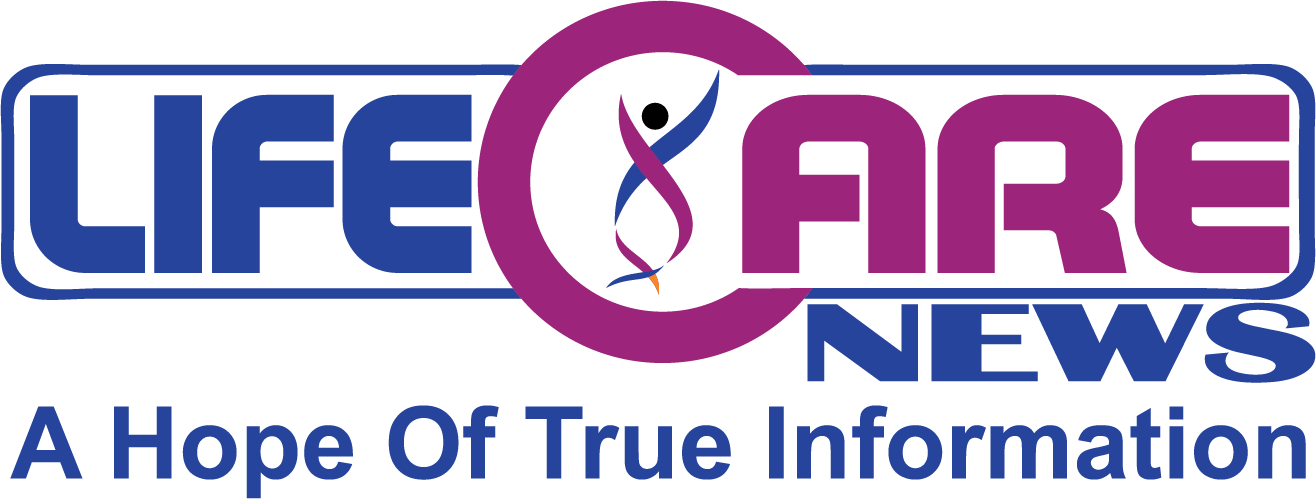
09 December 2024 – Over 6,000 athletes and members of their entourage have taken part in educational activities on the prevention of competition manipulation during 2024, the International Olympic Committee (IOC) announced on International Anti-Corruption Day (IACD). These activities took place during the Olympic Games Paris 2024 and the Youth Olympic Games (YOG) Gangwon 2024.
Young athletes are usually more exposed to the threats of competition manipulation, including being asked to fix a game, share inside information or place bets. In 2024, the IOC therefore designed the most comprehensive educational programme to date in order to raise awareness of these risks.
This year’s IACD theme, “Uniting with Youth Against Corruption: Shaping Tomorrow’s Integrity”, gave the IOC the opportunity to look back at the wide range of activities provided to athletes in Paris and Gangwon.
“Believe in Sport” booth at Paris 2024
During the Olympic Games Paris 2024, 4,000 athletes joined the fun and engaging activities on offer at the “Believe in Sport” booth located in the Athlete365 House, in the Olympic Village in Paris.
Athletes enjoyed various real-life scenarios and were also encouraged to report any suspicions of competition manipulation through the IOC Integrity Hotline.
“We have been trained on competition manipulation by both our sports federation and our National Olympic Committee. It’s great to have a reminder here, it keeps us educated”, said Shane O’Donoghue (Field Hockey, Ireland), while visiting the booth during the Games.
Paris 2024 Olympians were supported on site by six athlete ambassadors, whose engagement formed part of the IOC’s more comprehensive “Believe in Sport” campaign, which kicked off before the Games and involved educational measures across all key stakeholder groups.
Nina Kanto (Handball, France), one of the Believe in Sport Ambassadors who met her peers in the Olympic Village in Paris, said: “The young athletes need us to speak about manipulation in sport, the risks and the consequences of their decisions. I think it is important for the athletes to be educated, because as athletes you don’t know about all the rules. Your priority is to practise your sport. It is important to keep control of your career, so you know what you need to do, what is good and what is not.”
YOG athletes engaged at Gangwon 2024
A few months earlier, as part of the Athlete Education Programme in place at Gangwon 2024 in January, over 2,000 athletes were engaged in the Youth Olympic Villages and empowered to make the right choices, thanks to the support of athlete ambassadors and IOC Young Leaders.
Freestyle skier Fin Melville Ives from New Zealand, who competed in Gangwon, said: “Learning about competition manipulation and anti-doping – those were the ones that resonated the most. We’ve all learned about it, but we’ve never actually seen how it works. It’s been really fun doing the activities and learning more about the programmes here.”
One of the ambassadors, Olympian Andrej Miklavc, a retired Alpine skier from Slovenia, who advised athletes competing at the YOG in Gangwon, explained: “The prevalence of online betting options in sport requires athletes to comprehend all aspects of potential threats. They need to understand how easily they can become unwitting victims or tools for individuals with malicious intentions towards athletes or the Games.”
Fighting corruption in sport all year round
In order to maintain these important efforts all year round and build capacity and skills across all levels of society, the IOC, as Chair and co-founding partner of the International Partnership Against Corruption in Sport (IPACS), works closely with international organisations, government representatives, and sports organisations to promote good governance in and around sport, through educational webinars and tools to mitigate the risks of corruption.
Additionally, the Olympic Movement Unit on the Prevention of the Manipulation of Competitions (OM Unit PMC) engages with National Olympic Committees and International Federations through regular workshops and seminars. During these sessions, the organisations receive key information on topics such as how to prevent competition manipulation through awareness-raising initiatives, how to set up efficient cooperation models in their specific sport or at national level, and how to conduct investigations.






